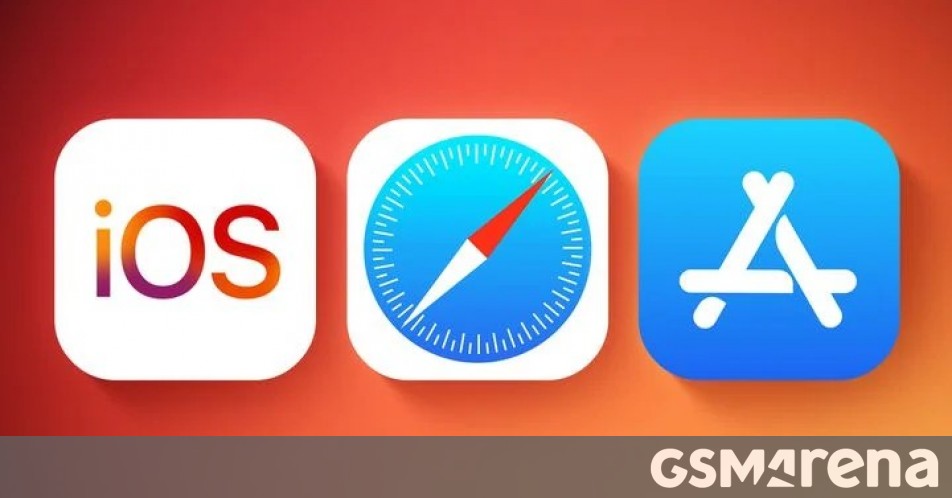Today Apple has released iOS 17.5 beta 2 to developers, and we don’t normally report on such releases, but this one’s important, as it marks the debut of yet another feature Apple was forced to add thanks to the EU’s Digital Markets Act (DMA).
Starting in iOS 17.5, EU iPhone owners will be able to download apps from websites – aka sideloading. No need to go through Apple’s App Store, or any other app store for that matter – Apple also started supporting alternative app stores thanks to the DMA in iOS 17.4.

Now this takes the flexibility of finding apps one step further. However, this is still Apple we’re talking about, so it’s not a free-for-all. Developers who want to offer downloadable apps on their websites need to undergo Apple’s Notarization process, they need to have been members of the Apple Developer Program for two continuous years or more, and the developer needs to be EU-based or have subsidiary that is.
But wait, there’s more. Only apps that have had one million annual first installs or more on iOS in the EU in the prior year are eligible to be distributed this way. So while the “walled garden” does have shorter walls now, the walls are still there. The good news is that apps downloaded from websites can be backed up, restored, and updated just like all other apps.
When you want to install such an app you’ll see a system sheet displaying the app name, developer name, app description, and screenshots, and you’ll need to grant express permission for that developer to install apps. You’ll only be able to use this feature inside the EU, and only on iPhones.
The upside of all this for developers is that they won’t have to pay Apple a cut of app sales for apps distributed on websites. But that doesn’t mean they won’t pay anything – Apple demands a “Core Technology Fee” of €0.5 for each annual install over one million in the past year. Thankfully, the fee is at least waived for nonprofits, educational institutions, and government entities.

